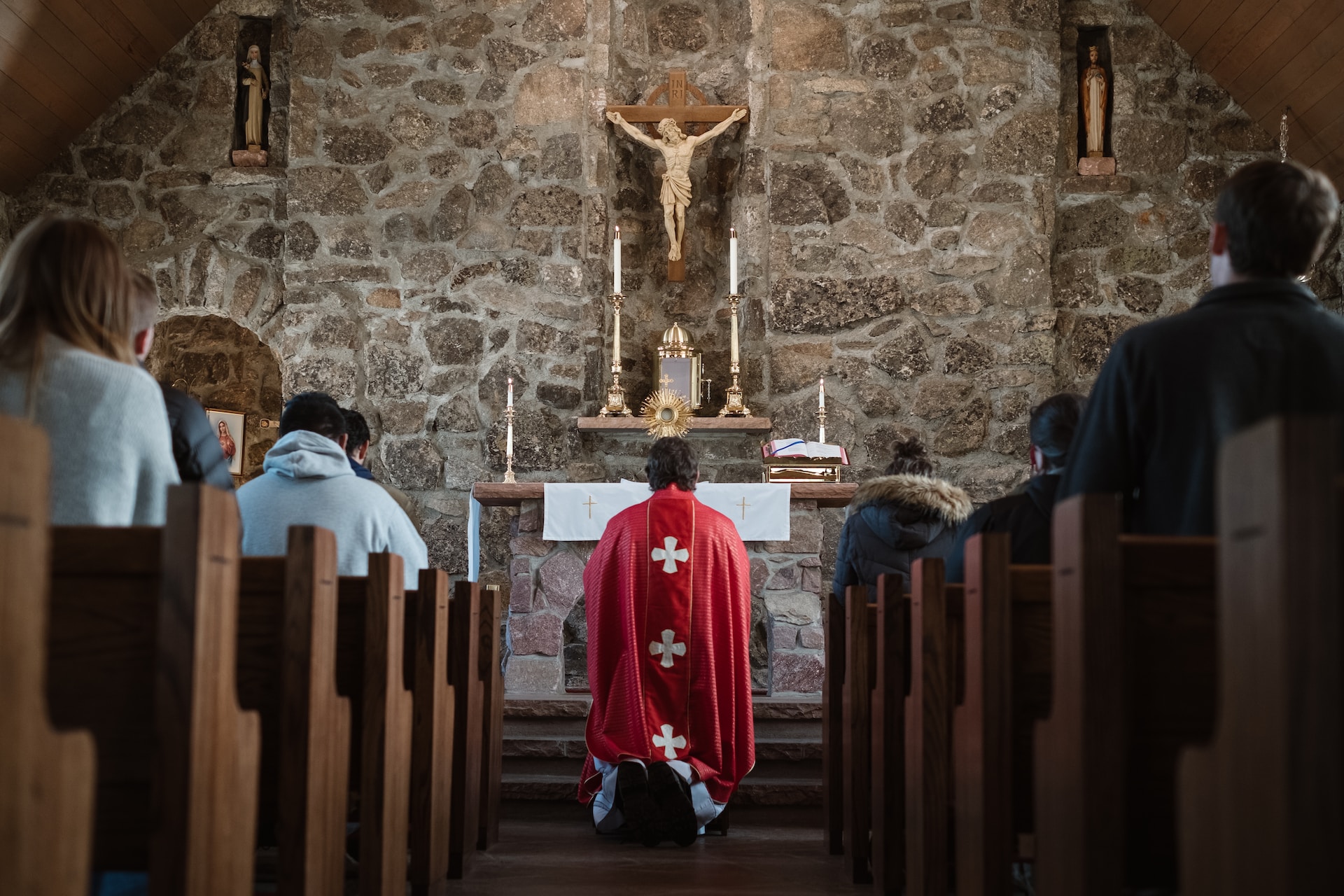News
‘Holy hour’ set in Cubao diocese’s churches Aug. 4

The Holy Hour is a religious devotional tradition of spending an hour in prayer before the presence of the Blessed Sacrament. (File photo: Josh Applegate/Unsplash)
MANILA – Parishes and religious communities under the Diocese of Cubao have been ordered to conduct a “Holy Hour” on Friday as reparation for the blasphemy of the “The Lord’s Prayer”.
“I ask all the parishes and religious communities to offer the Holy Hour for the First Friday of August in reparation for the sacrileges against our Lord,” Cubao Bishop Honesto Ongtioco said in an interview over Church-run Radio Veritas Tuesday.
The Holy Hour is a religious devotional tradition of spending an hour in prayer before the presence of the Blessed Sacrament.
The Catholic prelate added that the prayer contains the revelation of God’s great salvation of man from sin as well as treating mankind as children so it deserves to be given extra respect.
Last month, a video of Pura Luka Vega’s drag performance singing “The Lord’s Prayer” at a party went viral on social media.
Ongtioco reminded the faithful that every time they pray “Our Father”, the Lord invites everyone to be part of the Christian community rooted in compassion, mercy and love.
He urged the faithful, especially the parents, to teach the youth the importance and respect for the prayers and sacraments of the church.
“I would also like to urge our dear parishioners to take this opportunity to teach your children the importance of showing respect to everything that is sacred, whether it be the Eucharistic or the Lord’s Prayer and to avoid any act of desecration,” the head of the Cubao diocese added.
He also noted that singing the prayer taught by Jesus in an inappropriate place and celebration is proof of a lack of appreciation for holiness and disrespect for prayer.
The diocese’s directive came after the Philippines for Jesus Movement filed a complaint against Vega before the Quezon City Prosecutor’s Office.
The group accused the social media personality of violating Article 201 of the Revised Penal Code for committing acts that “offend any race or religion”, as well as Republic Act 10175 or the Cybercrime Prevention Act of 2012 as the alleged crime was committed “with the use of information and communications technology”.





















